Embracing Matrescence: A Personal Journey into Motherhood
Matrescence marks the profound transition of becoming a mother. It encompasses the physical, emotional, and psychological changes that follow the birth of a child. While much focus is placed on birthing and baby care, the magnitude and significance of a mother’s own identity shift is all too often overlooked.
Coined in the 1970s by anthropologist Dana Raphael, matrescence mirrors adolescence - a time of hormonal shifts, bodily changes, and an evolving sense of self. Although the term did not gain widespread traction at the time, there are encouraging signs that the matrescence is now gaining wider recognition, much like the recent advancements in awareness and discussion surrounding the menopause transition. Lucy Jones, with her recent book, Matrescence, is among the leading voices illuminating the concept of Matrescence, which she describes as the "metamorphosis of motherhood".
Why Matrescence Matters
The journey of matrescence is both wonderful and challenging. Mothers often feel a duality of emotions: joy and exhaustion, bliss and anxiety. Balancing their own needs and their baby’s can feel overwhelming, particularly in a society that expects mothers to make a natural ‘switch’ to the mothering role, or to ‘bounce back’ and appear effortlessly happy and together following birth. This disconnect can lead to loneliness, shame, or even postnatal depression.
It’s vital to understand what new mothers are navigating and ease the pressure on them. Regardless of how much they love motherhood, new mothers need time and space to adjust. Just as we nurture newborns, we must nurture the mothers who are also being ‘born’ in this process.
As matresence activist Amy Taylor-Kabbaz eloquently states:
"Becoming a mother is not just about raising a child. It is a rite of passage that is both an ending and a beginning: she will never be who she used to be, and she doesn't fully know who she is yet."
In preindustrial society, communities supported new mothers with a ‘village’ of care. While modern day society can be said to isolate mothers, many cultures, such as in parts of India, Latin America, and China, continue traditions of postpartum support during the critical first 40 days or ‘Fourth Trimester.’
By recognising the experience of matrescence, mothers gain a sense of being seen and understood. It provides the language needed to validate common yet all too often unspoken feelings, establish the support they deserve, and reclaim their identities during this life-changing transformation - free of shame.
Navigating Matrescence: Changes and Challenges
Mothers may notice shifts in several areas during matrescence:
Hormonal Adjustments: Hormonal changes begin during pregnancy and continue postpartum as the body seeks balance.
Brain Rewiring: Neurological changes help mothers bond with their baby and adapt to caregiving.
Physical Recovery: The body undergoes healing, including postural adjustments, pelvic recovery, and hair or skin changes.
Social Dynamics: Relationships may shift as new priorities and dynamics emerge.
Identity Exploration: Motherhood brings a new role that prompts self-reflection and re-evaluation of identity.
Finding Support
The demands of caring for a newborn can make even simple tasks feel monumental. Remember, you’re not alone. Building the kind of circle of support that works for you - your ‘village’ - can make all the difference, especially when old friendships shift, or energy for socialising is in short supply. You might like to connect and share your experiences with other mothers through baby groups, postnatal yoga, or online communities. Don’t hesitate to seek help from friends, family, or professionals, such as postpartum doulas or counsellors.
As your baby grows, you’ll face ongoing transitions, each requiring new adjustments. From first steps to first school days, these milestones evoke a mix of freedom and loss, a reminder that motherhood is a constant evolution.
Reconnecting with Yourself
Self-care is essential but often overlooked in the whirlwind of motherhood. Explore activities that resonate with your new life, whether rediscovering old interests or trying new practices like yoga and mindfulness.
Yoga for Mothers:
As both a mum and a yoga teacher, I’ve found yoga to be an invaluable tool during life transitions. Yoga cultivates self-awareness and balance while suporting physical and emotional recovery. For example:
Breathing Practice: The “golden thread breath”, inspired by Uma Dinsmore-Tuli, offers gentle calm and focus:
Inhale through your nose, and then exhale gently through a slightly open, soft mouth, imagining each out-breath as a long and smooth, golden thread.
Mindful Movement: Helps process and release physical and emotional tension, restore alignment, and rebalance and strengthen the pelvic floor and the postpartum body.
Relaxation & Meditation: Restorative practices like Savasana and guided meditations replenish energy and promote calm.
Even brief moments of relaxation can restore a sense of control and patience, building your capacity to respond to challenges with resilience. I am a great advocate for the ‘yoga snack’, especially useful to slide in to the little pauses in your busy day as a new mum.
Embrace the Journey
Understanding matrescence reminds us that the highs and lows of motherhood are entirely normal. Perfection isn’t the goal; embracing the journey is. By recognising and naming this transformation, we empower mothers to be gentle with themselves and their evolving identities.
Motherhood is beautiful, messy, and ever changing. By embracing matrescence, you can navigate its challenges with compassion and grace, knowing that every step helps you grow alongside your child.
I offer postnatal doula support, monthly New Mama Nurture Workshops and one-to-one postnatal yoga and pelvic rebalancing. Let me know if you are interested and we can have a chat about what you’re looking for and see if we’re the right fit for one another.

